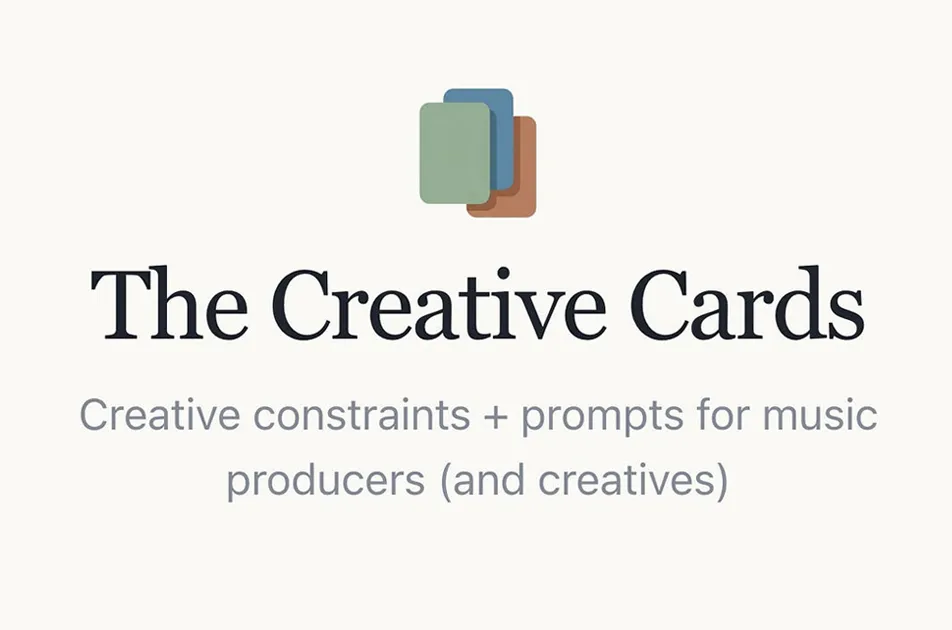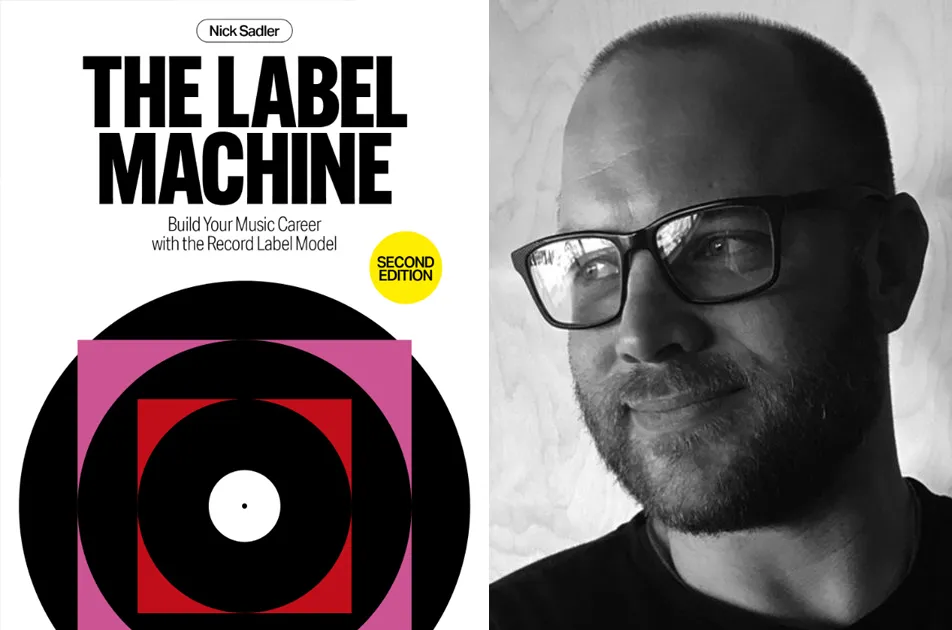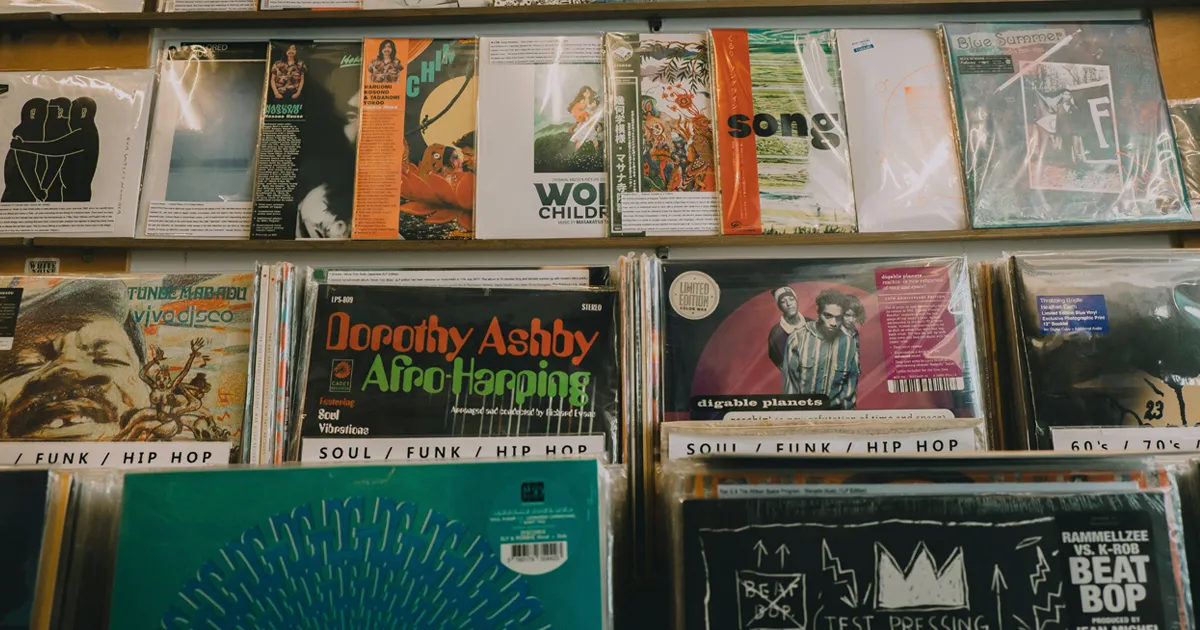From Cannes by Stuart Dredge of UK consultancy and blog Music Ally.
The
owners of Myspace’s
ears will have been burning this morning, during a
Midem press conference at which independent labels put the boot in to
the relaunched social music service.
At issue: the company’s decision to not renew the old Myspace’s deal with indie rights agency Merlin,
telling labels that if their music was on its site, it must have been
uploaded by users, so will require DMCA takedown notices to remove it.
“There is an impression, a complacence and I would suggest an
arrogance which is offensive, that you do deals with the majors, and
the independent sector should be somehow grateful for the
promotional value that these services will apparently bring to your
artists and to you,” said Alison Wenham, president of trade body WIN,
and chairman and CEO of AIM. “If you follow that to its logical
conclusion, all your activities would be promotional benefit.”
Hence new Myspace, which launched last week without licences in place
with Merlin, the global rights licensing agency for independent labels.
When asked, Myspace told journalists that it had decided not to renew
its deal with Merlin, and that labels would have to send takedowns for
any music left on the service, and allegedly uploaded by fans.
“It’s absolutely repugnant to the spirit of cooperation and
the balancing of interests commercially that this should have been
Myspace’s response,” said Wenham.
“I am sick and tired of seeing services that come to market, do deals
with majors because they have to, then come to independent labels and
expect that we will expect secondary treatment, or promotional benefit…
This has to come to an end, and it has to come to an end here and now…
There’s an argument to suggest we should be paid first, and paid more.”
More? Wenham suggested that indie labels are taking
disproportionately more risks on bringing new artists to market than
major labels.
“I do believe that new Myspace is owned 40% by the majors,
and also Justin Timberlake has a small percentage. So is this the kind
of treatment one would expect from companies who would go after
Grooveshark in a heartbeat, but would not go after a company in which
they own a 40% stake?”
Wenham talked about the way major labels have stepped up their piracy
takedown notices “exponentially” to Google in recent months, and
pointed out that this is. “What we are seeing is that pirates, and those
who would make a living out of music without paying for it are moving
to what they would see as easy pickings,” she said.
“We didn’t want to be here at Midem and in this business to be paper
merchants, to be takedown notice experts… I see a rather pernicious
sideways slide towards independent content, because they are beginning
to do a better job of issuing takedown notices for major-label
repertoire.”
Daniel Glass of Glassnote Records was also at the event, and was
asked about his label’s act Mumford & Sons’ status as one of the
most-played tracks on new Myspace. It seems they’re unlicensed on the
site too.
“I think it’s a sense of arrogance in this company… We’re just in shock over this,”
he said. “Mumford & Sons is on the top of my mind to… unfortunately
the paperwork of the takedown, we’re going to have to start all that
stuff… I will go to management and the artist, and we’ll be discussing
this by tomorrow… This is a bad one. This is a real bad one.”
Wenham talked approvingly of Spotify as a service that does have all
the repertoire – indies and majors – and which licensed independents
through Merlin from day one.
“Our market share on Spotify is over 15% and rising, so it works
extremely well,” said Wenham. “When you’re honourable, when you do
business honourably, you become successful… You can’t abuse copyrights
using weak arguments like safe harbour and DMCA.”
Glass praised Deezer too. “It is really doing it the right way, and
slowly. It is setting a really nice tone,” he said. He also praised US
satellite radio provider Sirius XM as a great partner for indies.
Beggars Group founder Martin Mills was at the press conference,
although he had to duck out early “to meet Google” – an apology
delivered with a chuckle, following his Midem speech yesterday.
He did provide a statement in the joint AIM, A2IM, AIR and WIN press
release that was given to journalists at the conference though:
“We would expect a service that is selling itself on the discovery
and promotion of new musical talent would understand the value of the
music that independent labels release, and we would also expect
that a service that is jointly owned by the major labels would respect
our rights rather than hide behind the DMCA in exactly the same manner
as pirates and companies like Grooveshark,” said Mills’ statement.
“It appears that neither of these assumptions are true, and that the
new owners of Myspace just see independent music as a free ride.”




